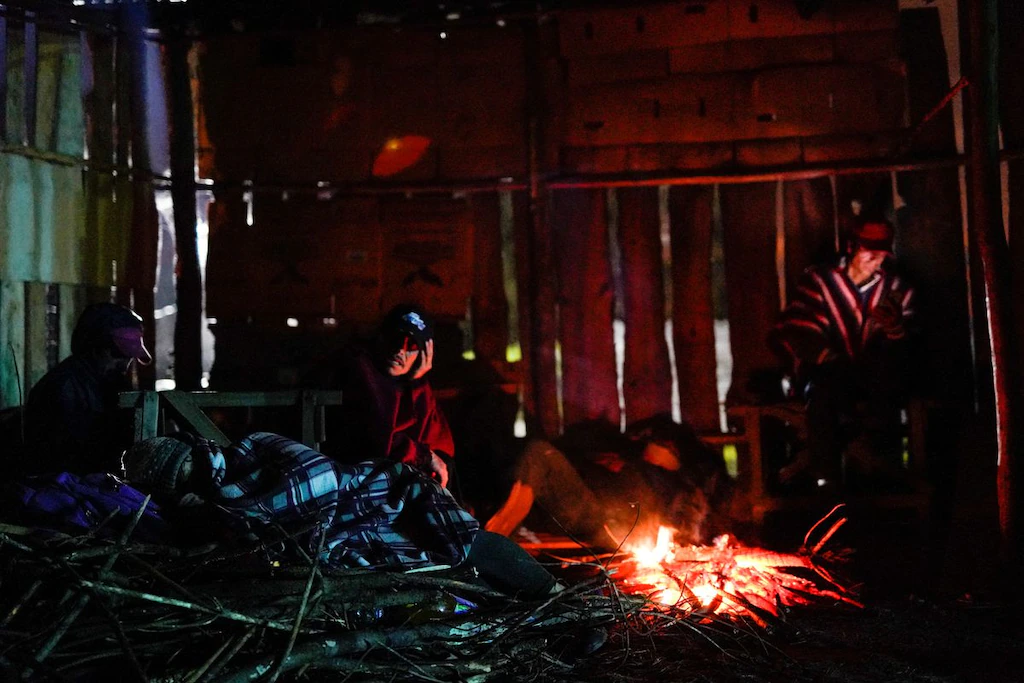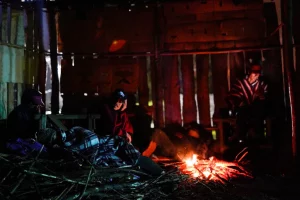
Ecuador’s President Guillermo Lasso has declared a state of exception in three of the Andean country’s provinces, in a bid to calm protests called by indigenous groups in rejection of the government’s economic policies.
The measure will last for 30 days in the provinces of Imbabura, Cotopaxi, and Pichincha – areas that include capital city Quito – which have seen greater violence amid protests, with attacks on flower farms and damage to infrastructure, while police officers have also been detained by protesters.
Curfews in Quito will run from 22:00 local time (03:00 GMT), until 05:00 starting Saturday, Lasso said late on Friday, while gatherings will be banned all day in the affected provinces. He did not say how long the measures would last.
“I called for dialogue and the answer was more violence, there is no intention to find solutions,” Lasso said in a televised broadcast.
Indigenous groups launched protests on Monday, with demonstrators blocking roads across the country in opposition to Lasso’s social and economic policies, demanding gasoline price freezes, a halt to further mining and oil projects, and more time for small farmers to pay their bank loans.
Lasso will increase help for the most vulnerable sectors and will subsidize fertilizer costs by 50% for small and medium farmers, while the public bank will forgive overdue loans worth up to $3,000.
There will be no increase in the costs of diesel, gasoline, and gas, Lasso added.
Indigenous groups continue to block roads connecting Quito with the north and south of the country, while students have supported the protests.
Leonidas Iza, president of Ecuador’s CONAIE indigenous organization, said Lasso’s proposals partially resolved the issues, but doubted they would be implemented, he said on social media.
“From this moment we are preparing to mobilize and reject these policies in Quito,” he said.
The protests have cost the country’s productive sector $50 million and led to shortages in certain products and fuels.


Leave a Reply